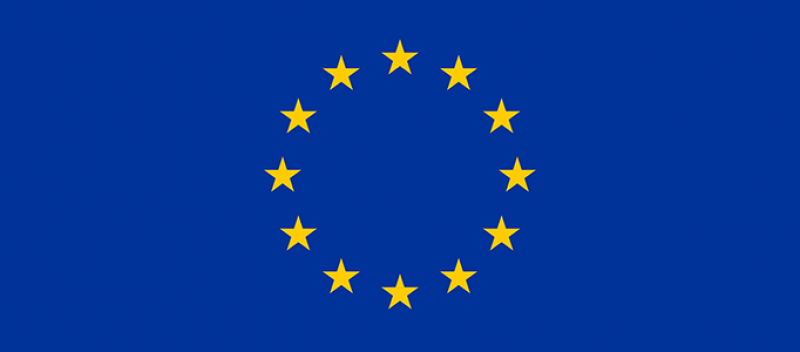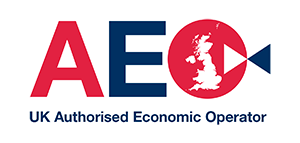
For Irish importers and exporters, Rules of Origin criteria is needed to determine the national source of a product and decide the applicable duties, antidumping or other safeguard measures. They are important to international trade because they impact company sourcing and investment strategies.
Global value chains are where materials and labour from different countries are used to manufacture an end product. Rules can differ per product and per Free Trade Agreement. They can also allow you import a product at cost or prevent you from importing and selling it.
How to claim preferential origin
Documented proof of origin in the EU is needed, such as a certificate of origin. This relates to products originating from a ‘third country’ for which special non-preferential import arrangements exist. It can be issued in the country of import (or export in some cases) by ‘third country’ competent authorities or by a reliable agent. In the event of reasonable doubt, the customs authority may require additional evidence of origin as per the rules of import.
Administrative cooperation
Third countries involved will provide the EU with details of issuing authorities and process including
-
Details of government authorities where verification on certificates are sent.
-
EUR1
-
EUR-MED
-
FORM A
Declarations on commercial documents -
-
Invoice declaration
-
Origin declaration
-
Statement of origin
-
Importers knowledge (EU-UKFCA).
Invoice and origin declaration statements can only be made on commercial documents and not transport documents. These, in some cases, must be made my approved exporters or registered exporters (REX).
If you are unsure of the originating status of the product for import and export, apply for a BOI for certainty. BOI applies to both non-preferential and preferential origin. This is referred to as a binding origin decision.
See Arrangements List:
https://ec.europa.eu/taxation_customs/customs-4/international-affairs/origin-goods/general-aspects-preferential-origin/arrangements-list_en
What is the REX (Registered Exporter System) and why is it important to you?
Registered Exporters operate in the framework of the GSP (Generalized System of Preferences) & are subject to GSP origin. The UCC legislation introduced a new type of an approved exporter registration – the Registered Exporter System (REX). The Approved Exporter (AE) is distinct from the Registered Exporter (REX) system and should be treated independently. The REX system will gradually replace all proofs of origin under GSP. It will be the only form of origin certificate acceptable under the GSP.
If you are importing from a registered exporter under GSP, you should verify the REX number on the REX database. Application must be made to local customs authority and if approved you will receive a REX number. EU Legal registration is required for REX – however customs representative can be REX registered and act as ‘exporter’ or ‘reconsignor’ for preferential-origin purposes.
Where can I apply for REX and what do I need?
Visit the EU Customs Registration Portal
You will need -
-
A valid ROS Certificate
-
To be registered for Customs and Excise in ROS
-
Have an EORI number








